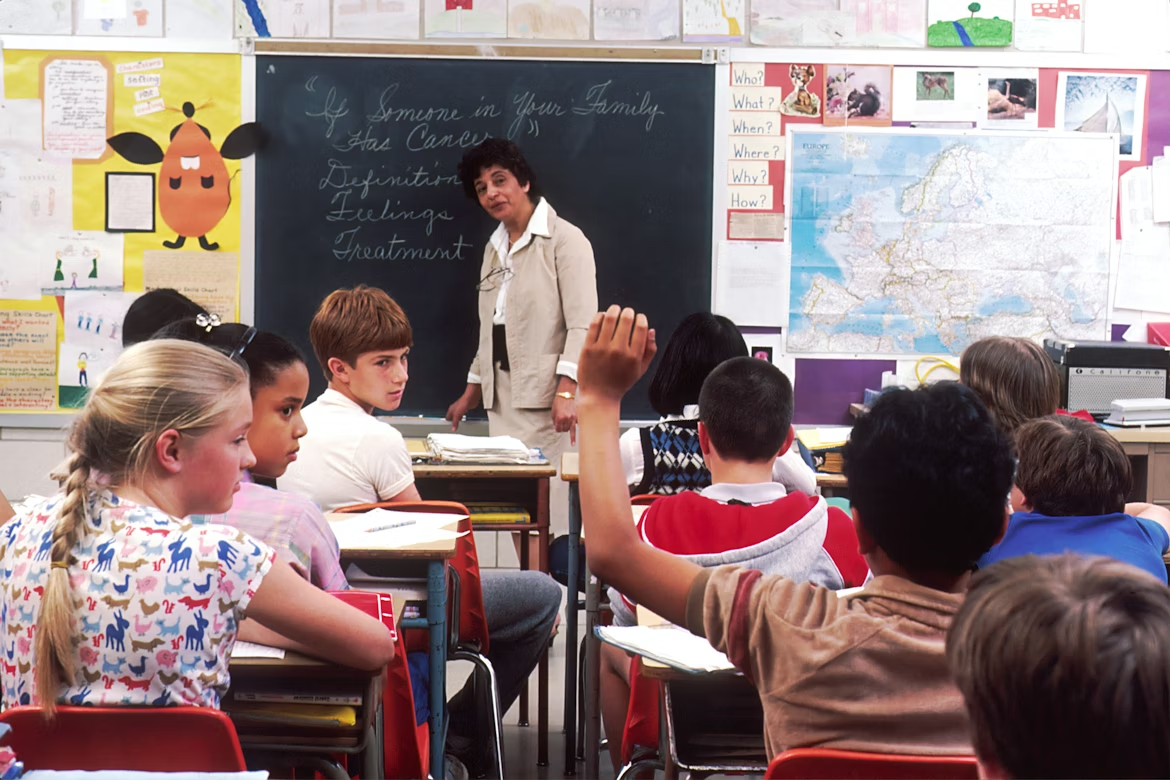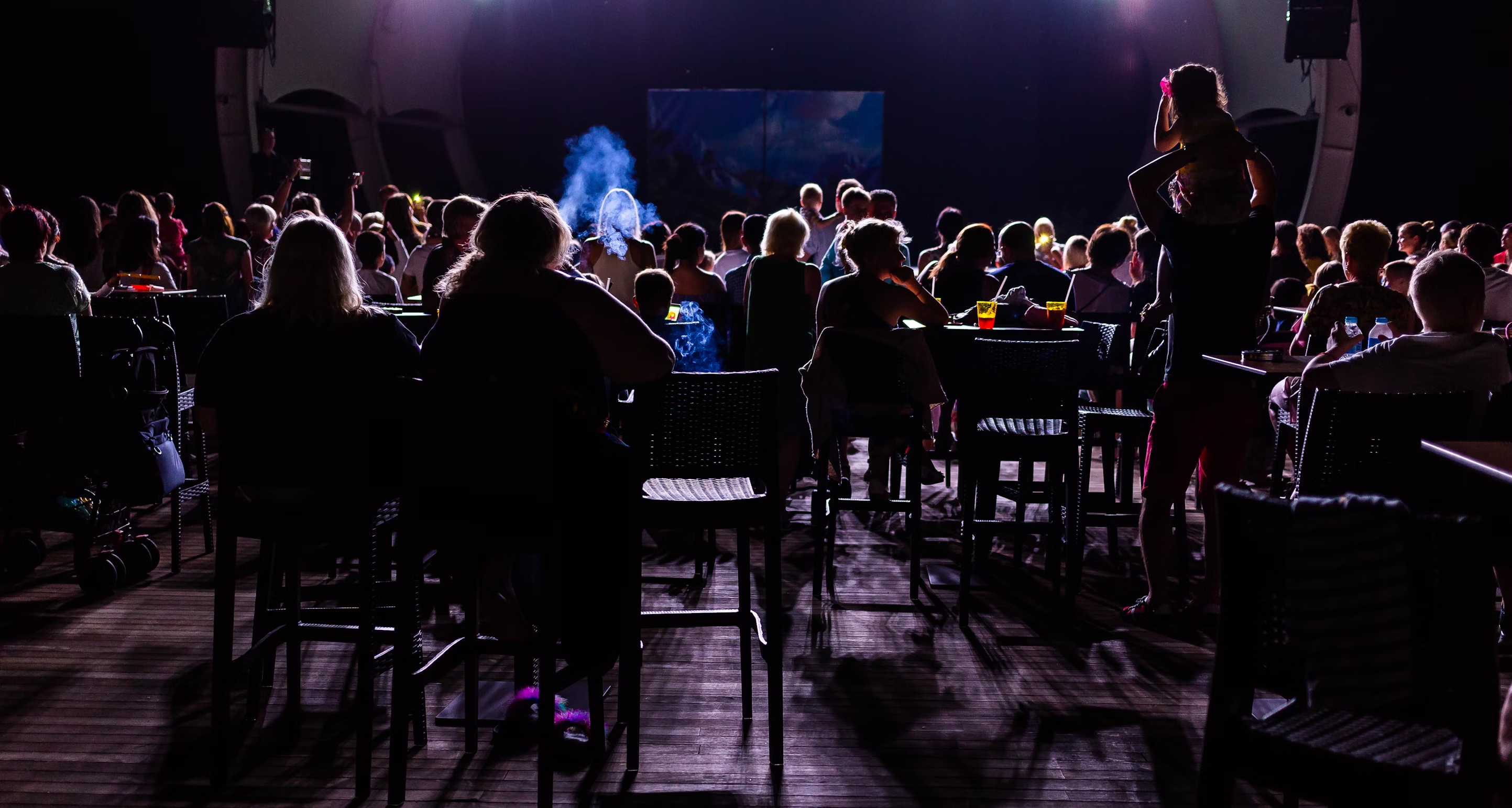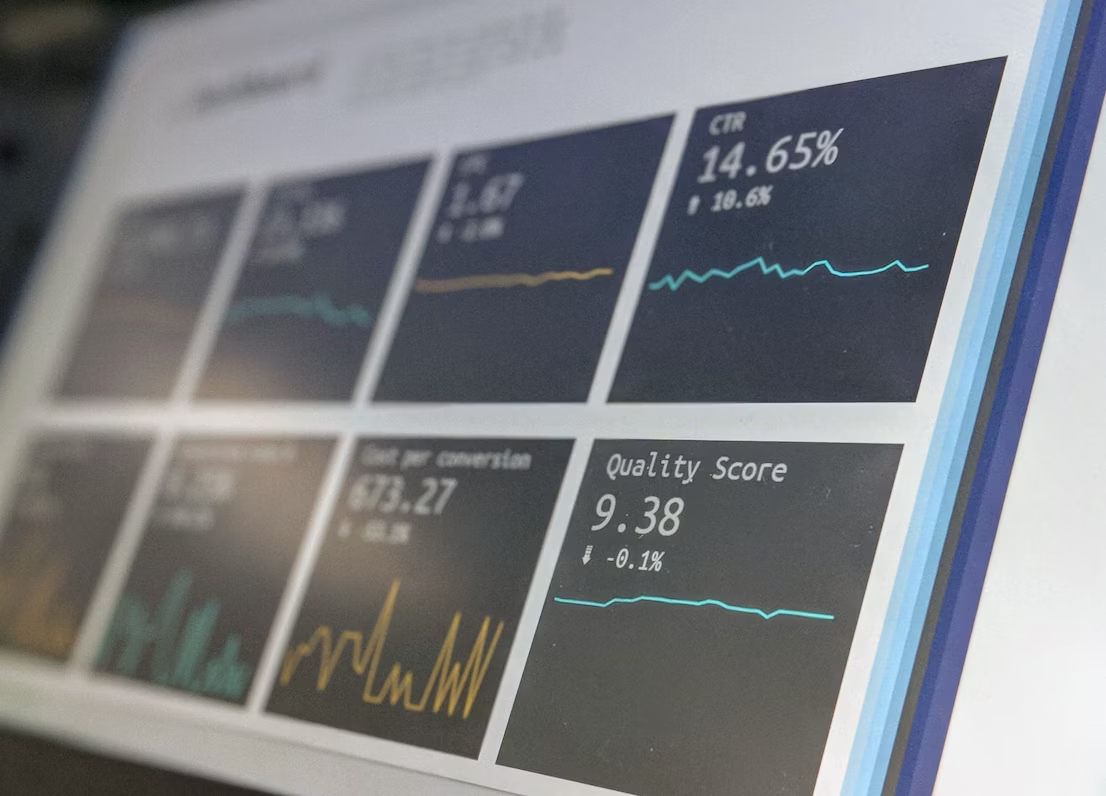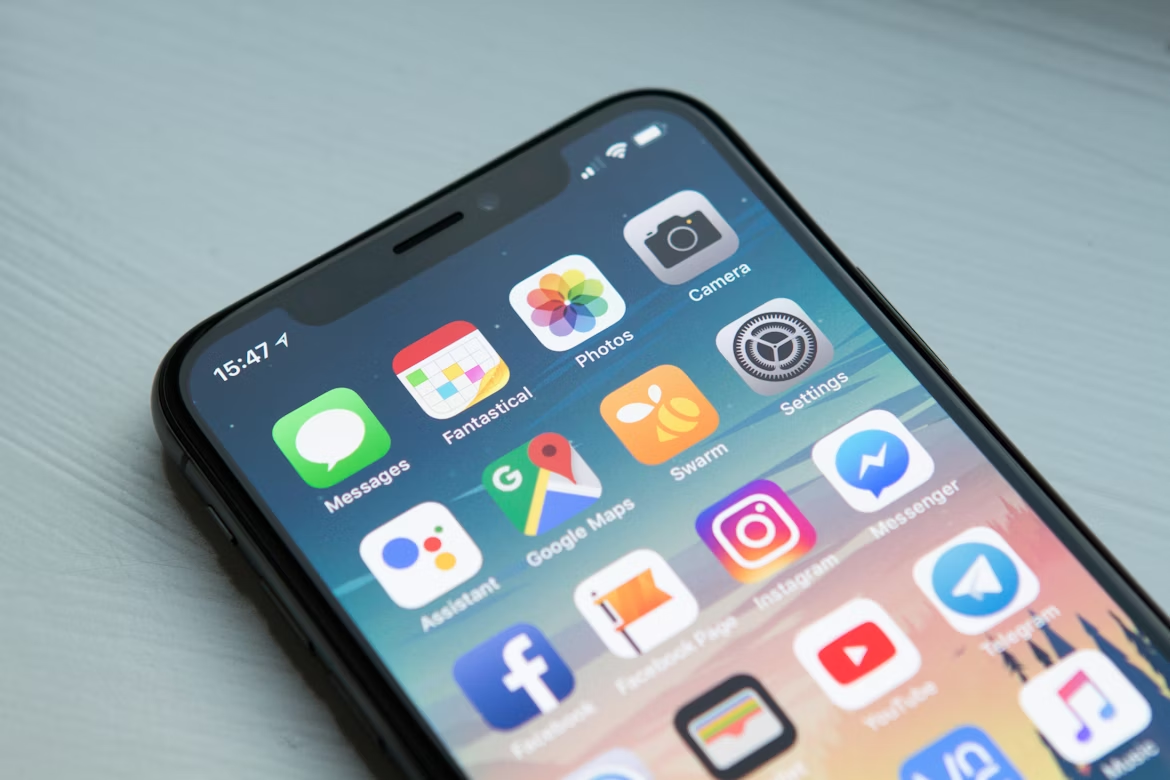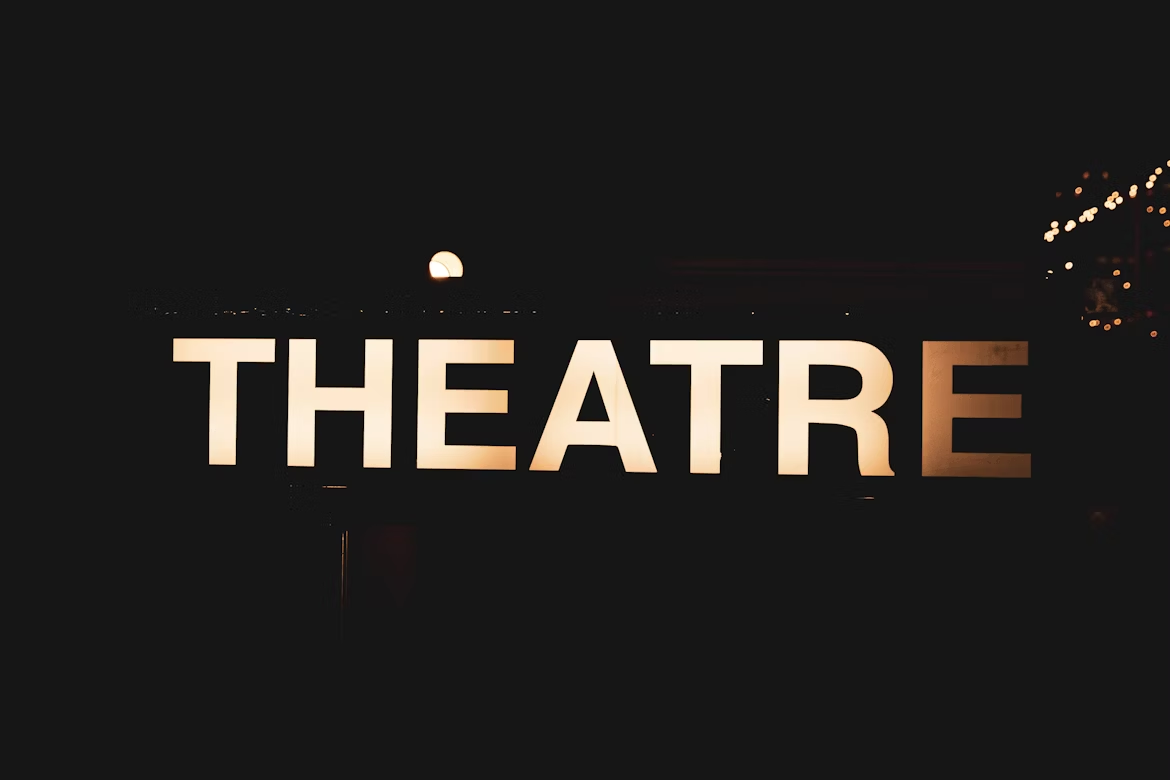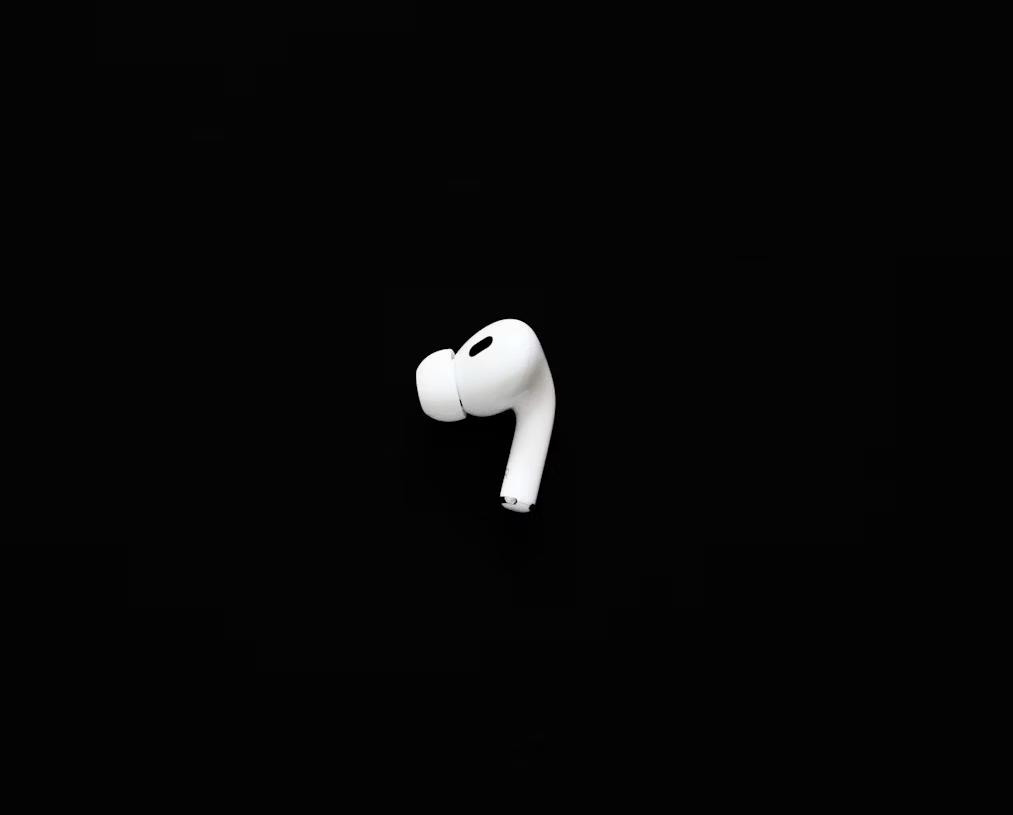Introduction
Social media has become an invaluable tool for theatres to market their productions and reach wider audiences. With over 4 billion active social media users worldwide, platforms like Facebook, Instagram, Twitter and TikTok offer unparalleled opportunities for connection and engagement.
Using social media effectively allows theatres to raise awareness about their shows, foster brand loyalty, boost ticket sales, and engage meaningfully with theatre-goers before, during and after productions.
This article will provide theatres with practical tips and key strategies for successfully leveraging social media at each stage of the production process. We'll cover establishing a strong social presence, strategic content planning, social promotions, audience engagement tactics, showcasing behind-the-scenes content, analyzing performance, and more. By implementing these social media best practices, theatres can promote shows to receptive online audiences, drive ticket sales, and thrive in an increasingly digital world.
Have a Strong Social Media Presence
Having a strong presence on major social media platforms like Facebook, Twitter, and Instagram is critical for promoting a theatrical production. Be active and post regularly on these platforms with engaging photos, videos, and content related to the production.
According to Global social media statistics research summary 2024, 61.4% of the world's population uses social media, so leveraging these platforms provides access to a wide audience.
Post behind-the-scenes content, introduce the cast and crew, share details on the story and characters, and give previews of songs or scenes to generate interest leading up to opening night. Respond promptly to any comments and messages to foster engagement with followers.
Content Planning
Planning out content in advance is crucial for effectively promoting a theatrical production on social media. Having a content calendar mapped out allows you to strategically schedule a mix of promotional posts, behind-the-scenes footage, interviews, contests, and other engaging content.
When creating your content calendar, be sure to plan posts for times when your target audiences are most likely online and active on social media. Research indicates the best times to post are generally weekday mornings between 9am-12pm when engagement is highest. Posting later in the evenings can also be effective for reaching people after work hours. Analyze your own audience insights to determine the optimal times for your followers.
Scheduling posts in advance also allows you to space out promotional content and behind-the-scenes posts over time leading up to show dates. This builds sustained interest and gives you time to create quality content. Don't just post the day before opening night! Plan interview clips, rehearsal teasers, designer spotlights, and other exclusive content over the weeks and months prior.
Turn to a social media content calendar tool to map out your posting schedule. This will help you maintain a consistent yet varied mix of content over time leading up to showtime.
Utilize Hashtags
Hashtags are an effective way for theatrical productions to expand their reach on social media. Here are some tips for utilizing hashtags:
- Research hashtags related to your production like #theater, #stageplay, #broadway, etc. Analyze what similar productions are using for ideas. Tools like Influencer Marketing Hub's hashtag generator can help brainstorm relevant hashtags.
- Use popular hashtags like #arts, #theatre and location hashtags like #nyc, #chicago to expand reach beyond your existing followers. However, don't overuse unrelated popular tags as that can seem spammy.
- Create your own branded hashtags specific to your production. Encourage audiences to use them when posting photos, reviews, etc. For example, #MyFairLadyPlay or #SpringAwakeningOnStage. Branded hashtags help track engagement.
Strategically using relevant hashtags helps productions gain discovery and reach new potential ticket buyers on social media. Just be sure to not overdo it - 3-5 well-chosen hashtags per post is typically sufficient.
Tag Relevant Accounts
Tagging relevant accounts in your posts is a great way to expand your reach and get more eyeballs on your content. When promoting a theatrical production on social media, be sure to tag cast members, the director, writers, and other key members of the production team. This allows you to tap into their existing follower base.
You can also look for influencers or partners who may have interest in your production and tag them as well. Local lifestyle bloggers, arts journalists, or theater enthusiasts with a large following can help boost your visibility. When you tag them, some may reshare your content or engage with it, exposing you to new audiences. Just make sure to tag accounts that are relevant - you don't want to spam people's feeds.
Some additional tips:
- Check who your cast and crew are following and tap into those networks. Their contacts likely have interest in the arts.
- Tag any sponsors or partners and consider coordinating cross-promotion.
- Use relevant hashtags so your content pops up in tag searches.
- Tag theater publications or local media outlets that cover the arts.
- Don't just tag on opening night. Continue engaging key accounts throughout the production.
With a thoughtful and strategic tagging strategy, you can maximize the reach of your promotional efforts. Just focus on those who can best spread the word to the right audiences.
Boost Key Posts
Social media algorithms make it hard for brands to reach all of their followers organically. Boosting key posts is an effective way to extend the reach to a wider audience.
When deciding which posts to boost, identify important announcements, debuts, or other high-value content. These posts likely contain information you want to be sure your target demographic sees.
Look at the available targeting options and select relevant interests, locations, age ranges, etc. to reach your intended audience. You can create custom audiences based on email lists or existing followers.
After boosting a post, check the insights and analytics. See which demographic and interest targets had the highest engagement. Track any increase in website visits or online sales resulting from the boosted post. Use this data to refine targeting and improve future boosted post performance.
Boosting strategically, not constantly, is key. Focus budget and efforts on boosting your most important posts for the highest impact.
Run Targeted Ads
One effective strategy for theaters is to run targeted ads on social media. Here are some tips for maximizing your ad spend:
- Geo-target your ads to users located near your performance venue. You want to reach potential theatergoers that live in close proximity and can easily attend the show.
- Create lookalike audiences modeled after your current fans and followers. This allows you to find new users with similar interests to your existing audience.
- Test different versions of your ads with various images, ad copy and calls-to-action. See what resonates best with your target audience. You may find that dynamic video ads outperform static images.
- Experiment with boosting different posts to see which ones drive the most engagement and ticket sales. Often behind-the-scenes images and content perform well.
- Track conversions closely to determine what is working. Adjust your ads and targeting accordingly to optimize results.
- Use precise bidding strategies to maximize your ad budget. Consider buying cheaper impressions during off-peak hours.
- Retarget engaged users who have visited your website or social pages with customized ads. This reminds them about your production.
By running strategic and well-targeted social ad campaigns, theaters can expand their reach and get productions in front of new audiences. Continually test and refine your approach for the best results.
Engage with Followers
Actively engaging with your followers on social media is a great way to build lasting connections and turn followers into loyal fans. Here are some tips for engagement:
- Respond to comments and messages: Make sure to respond promptly and thoughtfully to any comments or direct messages you receive. This shows followers you value them.
- Like and reply to followers: Look for opportunities to like and reply to your followers' content. This could be photos they tag you in, posts mentioning your show, or comments on your own content.
- Repost user generated content: If attendees post great photos or videos from your show, ask if you can reshare them on your own profile. This shows appreciation for your fans, provides you with UGC, and expands your reach. Just be sure to credit the original poster.
Engagement is about creating relationships, not just promoting your show. Social media allows you to have real back-and-forth interactions with audience members. Take advantage of this by regularly engaging with your followers.
Behind-the-Scenes Content
Giving followers a sneak peek into the theater production process is a great way to create excitement and connect with your audience. Share photos and videos of rehearsals, set construction, costume fittings, and other behind-the-scenes moments. This type of content allows you to:
- Humanize the cast and crew - Give followers a glimpse into the personalities and relationships of the people involved. Post casual shots of the cast goofing off during breaks or crew members collaborating.
- Build anticipation - By revealing elements of the production before opening night, you generate interest and tease what's to come. Snippets of rehearsals, set sketches, and costume samples leave them wanting more.
- Highlight the hard work - Demonstrate everything that goes into putting on a stage production. Show the long hours building sets or endless rehearsing to get everything just right. People will appreciate the effort.
- Offer exclusivity - Followers feel special being able to sneak peaks at things the general public doesn't get to see. This also incentivizes them to follow your social media so they don't miss out.
The key is striking a balance between revealing just enough while not showing everything. Leave them fascinated but still plenty surprised for opening night.
Contests and Giveaways
Contests and giveaways are a great way to boost engagement and reach new audiences on social media. Consider running contests where followers can win free tickets to an upcoming performance. These contests will get more eyes on your social channels and create buzz leading up to the show. You can require followers to like, comment or share the contest post for a chance to win.
Also think about contests where you give away show posters, t-shirts or other merchandise. Fans love to collect memorabilia and will be eager to participate. Or offer a grand prize like dinner with the cast or backstage tour experiences. These types of contests encourage social sharing and word of mouth promotion.
Partnering with local businesses can also help expand your reach and prizes. See if any restaurants, shops or hotels want to provide gift cards or packages as giveaway items. This cross promotion helps spread the word while allowing you to offer great prizes without much cost. Just be sure to highlight your contest sponsor partners when announcing and promoting the giveaways.
With creative prizes and collaboration, contests allow you to increase online engagement and gain new followers in the process. Take advantage of this effective promotional strategy.
Sell Tickets Directly
Selling tickets directly through social media is a great way to boost sales. Here are some effective strategies:
- Post ticket links and promo codes on your social channels. Create special discounts or early bird pricing just for your followers. Promote these ticket deals regularly leading up to the show.
- Run targeted ticket sales ads on platforms like Facebook and Instagram. Segment your audience geographically and demographically to optimize your ad spend. Use compelling visuals and copy to get attention.
- Offer an early bird pricing discount for the first X number of tickets sold through your social media links. Count down the number of tickets left to create urgency.
- On Instagram, add a clickable link in your bio and stories to direct people to buy tickets. Make it easy for followers to purchase right from your profile.
- On Facebook, create an event page specifically for ticket sales. Share the event page link prominently on your timeline and in ads.
- Use social contests and giveaways to drive traffic to your ticket sales links. Require participants to click the link and take an action like following your page.
- Post about the benefits and value people will get from attending the show. Communicate key details like the venue location, showtimes, parking information, and more.
- On the day of the show, share last-minute reminders to purchase tickets online or at the door. Offer an 11th hour discount code to incentivize any remaining seats to fill up.
Highlight Reviews
Social media is a great way to showcase positive press and reviews for your theatrical production. When reviewers post commentary, quotes or coverage of your show, be sure to share this content across your social platforms.
- Repost positive reviews on your Facebook page and retweet them on Twitter. You can quote key excerpts from the reviews that will entice followers to want to read more.
- When you share reviews, always tag the media outlet and the author/reviewer so they are notified and more likely to in turn share your post as well. This expands your reach.
- Turn especially glowing quotes into shareable graphics and images to post on Instagram and Facebook. These eye-catching visuals will stand out in feeds and highlight your rave reviews.
- Share video reviews or excerpts on your channels too. Platforms like TikTok and Instagram especially lend themselves well to short video content.
- If you get a fabulous print review, post a photo of it and highlight the publication name and author.
Strategically showcasing positive reviews builds buzz and credibility around your production. It shows potential ticket buyers that reputable sources recommend your show, which gives it more legitimacy and makes audiences excited to attend.
Post-Show Recaps
After the show opens, it's important to continue leveraging social media to maintain excitement and connection with the audience. Here are some post-show strategies to keep the buzz going:
- Share high-quality production photos taken on opening night and beyond. Give followers who haven't seen the show yet a window into the final product with photos of key scenes, emotion-filled acting moments, and the full cast during curtain call.
- Collect feedback, reactions and reviews from audience members and post/share them. Positive reviews from real people can be very persuasive for those still deciding about buying tickets. Make it easy for people to submit reviews through social media or other channels.
- Spotlight cast and crew on social media in the days and weeks after opening. Show fans the human side with behind-the-scenes footage and interviews.
- Use contests and giveaways to maintain social media activity after the show opens. For example, offer free tickets to select followers if they share reviews or post about the show.
- Monitor buzzwords and hashtags related to the production. Join in on relevant conversations to sustain awareness.
- Schedule social media posts to promote upcoming shows. Content showing rehearsal clips, positive reviews and production photos will keep audiences excited about the production's continuing run.
Maintaining an active social media presence after the initial buzz of opening night is crucial for driving ongoing ticket sales and establishing the production as a must-see show. Utilizing post-show recaps and highlights will sustain momentum and maximize the value of each performance.
Analyze Performance
Social media analytics provide invaluable data to help refine your strategy. Be sure to track key metrics across platforms:
- Engagement - How many likes, comments, shares, etc. are your posts getting? Pay attention to top-performing content.
- Reach - How many users are you reaching with each post? Look at reach trends over time.
- Clicks - What content drives the most clicks to your site or ticket sales page? Note any correlations.
- Conversions - How many tickets, newsletter signups, etc. come from social posts? See which platforms and posts convert best.
Dig into platform analytics to identify when your followers are most active. Look for patterns in your top-performing posts. Use these insights to refine your content approach, timing and strategy. Continually test new tactics and analyze the data to determine what resonates most with your audience. The more you learn about your followers' preferences, the better you can engage them.
Conclusion
Social media marketing plays a crucial role in promoting theatrical productions in the digital age. With the right strategy, it provides an unparalleled platform to reach and engage with target audiences. Here's a summary of the key tips covered in this article:
- Have an active presence on major social platforms like Facebook, Instagram, Twitter, YouTube to tap into their vast user networks.
- Plan your content calendar in advance and stick to a regular posting schedule for each platform. Mix up your content types - photos, videos, stories, text posts etc.
- Make good use of relevant hashtags and tag accounts of associated individuals, groups, and businesses to expand your reach.
- Strategically boost high-quality posts and run targeted social media ads to reach more of your potential audience.
- Actively engage with your followers through likes, comments, shares, and messages. Build authentic connections.
- Give fans a behind-the-scenes look into the production process through rehearsal footage, interviews etc.
- Run exciting contests and giveaways to drive user-generated content and word-of-mouth.
- Allow ticket purchases directly through social platforms for convenience.
- Repost positive reviews from verified accounts to build credibility.
- Share highlights, photos, videos from the show after each performance.
- Regularly analyze your performance using platform analytics to refine your approach.
Implementing a thoughtful social media marketing strategy is crucial for the success of any modern theatrical production. The tips in this article will help you effectively leverage these powerful platforms to engage with fans, sell more tickets, and ultimately bring more people to the theater. Focus on providing value, building connections, and telling compelling stories through multi-media content. With consistency and creativity, your production's social presence can thrive.



